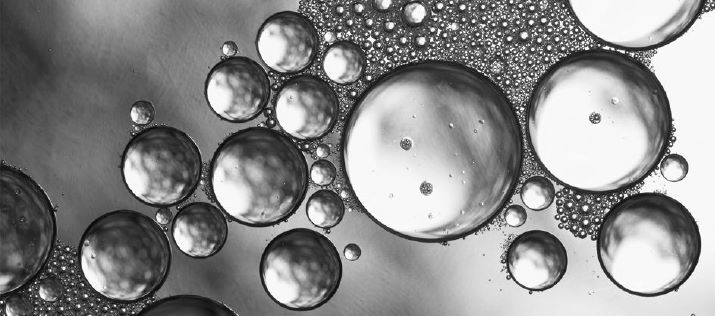Antibacterial qualities of silver:
Silver is a trace element indispensable in maintaining a healthy body, especially in the internal secretion glands, the brain, the liver and bone tissue. It has been widely known for its therapeutic and antibacterial qualities since ancient times. 
The usefulness of silver as a disinfecting agent was proved in the nineteenth century with a number of successful experiments. In 1893, Swiss biologist C. Négeli discovered that some metals, including silver, display their bactericidal qualities when they are dissolved in water.
Later research, especially the work of Russian academic L. Kulsky, confirmed the findings, and concluded that it was the silver ions and ionic compounds that actually killed pathogenic microorganisms.
More importantly, research found that as well as fighting agents of disease, silver also eliminated the toxins they produced. Note that the bactericidal action of silver does not affect intestinal microflora, which makes it safe for internal use.
Silvered water: a natural antibiotic:
Silvered water is water enriched with positive silver ions, giving it distinct antibacterial properties.
Silver ions move towards bacterial/virus cell walls and, being smaller in size, find their way inside with ease.
Once inside, they disrupt the synthesis of bacterial enzymes and proteins, thus killing the entire microorganism.
Silvered water has the exclusive ability of inhibiting viruses and funguses as well as bacteria.
As a natural antibiotic, silver affects more than 650 species of microorganisms, whereas regular antibiotics affect only 5 to 10. Scientists have not identified any bacterial adaptation to the antimicrobial action of silver.
Health concerns:
The World Health Organization’s (WHO) guidelines for drinking water quality indicate that there are no adequate data with which to derive a health-based value for silver in drinking water. These guidelines state that, "where silver salts are used to maintain the bacteriological quality of drinking-water, levels of silver up to 0.1 mg/liter can be tolerated without risk to health. Silver is regulated by US Environmental Protection Agency (EPA) National Secondary Drinking Water Regulations.
The silver water to kill corona virus
-
Categories :
Frequently Asked Questions

Fabien - 2020-05-26 10:14:41
Top, merci pour l'info.